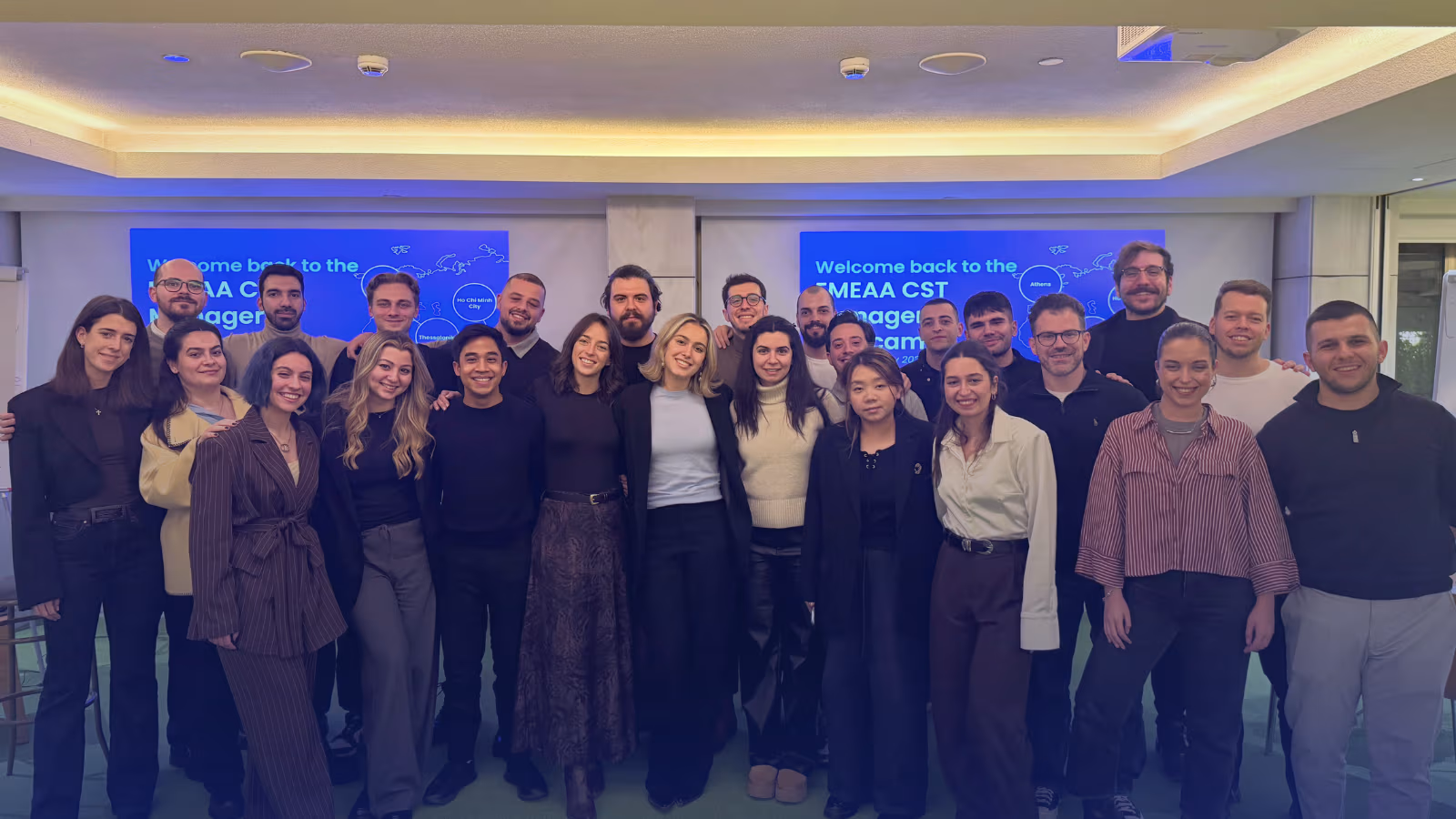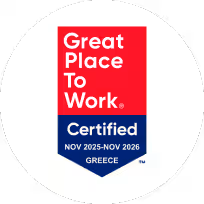Where Engagement Platforms Fail (and What Investors Look for Instead)

Introduction
Employee engagement platforms have evolved from niche HR utilities to enterprise-critical systems that drive communication, cultural alignment, and retention. As hybrid, remote, and deskless teams dominate the workforce, platforms that claim to deliver seamless internal comms and meaningful feedback loops are under growing investor scrutiny.
Grounded in responses from various expert surveys conducted through Origin Insights, private equity investors and corporate strategy teams are reframing how they conduct due diligence in this space. Behind polished interfaces and click-rate dashboards, buyers reveal critical blind spots: weak AI, brittle integrations, mobile adoption drop-off, and vendor churn.
Quick Summary Table
Key Focus Areas
AI and Content Generation
Generative AI is table stakes in sales decks, but rarely lives up to the promise. According to Origin Insights, tools like Unily or Staffbase typically use AI for surface-level tasks like headline generation or announcement summaries.
An interviewed expert put it plainly: ”Over the past year, many intranet platforms have integrated AI capabilities that allow users to automatically generate content, summarizing information, assigning titles, and reducing the need for manual input. This has significantly automated backend administrative tasks, but not necessarily improved the strategic quality of communication. “The AI saves us clicks, but not thinking. It’s closer to spellcheck than strategy.” While no one questioned the efficiency gains, some noted that AI-generated content could challenge tone consistency, editorial control, and internal review workflows, especially as traditional oversight is reduced.
Fragmentation, M&A, and Market Pressure
The engagement software market remains fragmented, with 20–40 active vendors jostling for share. Mid-market tools are under pressure to consolidate or differentiate through integrations.
Recent moves include:
- Zoom acquiring Workvivo to extend internal UX
- Microsoft Viva expanding through modular SharePoint evolution
- Staffbase acquiring Valo to accelerate self-service CMS capabilities
- SocialChorus + Dynamic Signal merging as FirstUp
This pace of change adds diligence complexity. As one expert noted, “There has been some consolidation... because there's just not enough business in the market for all the players.”
Blue-Collar and Mobile-First Adoption Gaps
Apps built for frontline teams often fail to sustain engagement. Many field workers install the tool, use it once during onboarding, and disengage.
Employee apps are especially common in industries with large deskless workforces, such as retail and logistics, but adoption remains uneven. “Employee apps are really strong in retail supermarkets where you've got 150,000–200,000 blue collar workers and maybe a couple of thousand head office white collar workers,” one expert explained.
However, use cases for deskless staff are often limited, and most apps are “light versions” that lack integration with core systems. As the expert noted, “Normally it’s a much lower amount of use cases than a full user,” making long-term engagement difficult without deeper functionality like payroll, scheduling, or messaging tools.
What Experts Say vs Founder Claims
Sales decks rarely reflect operating reality:
- “They pitched drag-and-drop CMS; we still needed IT to update the homepage.”
- “They sold analytics, but the dashboard just counts clicks.”
- “They promised mobile-first; the app crashes on Android 11.”
Origin Insights calls show that vendors often lead with cultural messaging, but buyers demand operational ROI: productivity impact, retention linkage, and deskless team adoption.
How Calls Are Used in Diligence
- Private Equity Teams use calls to validate integration feasibility, assess AI limitations, and understand vertical-specific churn risk.
- Corporate Strategy Leaders benchmark adoption across functions, plan phased rollouts, and mitigate deskless workforce attrition.
- Most Insightful Roles include: Heads of Internal Comms, HRIS Managers, IT Ops Leads, and frontline HR stakeholders.
Common Questions Investors Ask
What are common diligence risks in employee engagement platforms?
- CMS lock-in and lack of admin flexibility
- Usage drop-off beyond HQ or white-collar teams
- Limited integration across Microsoft, Google, and HRIS ecosystems
- Shallow analytics that don’t link to business outcomes
How do investors evaluate AI functionality?
- True AI usage is often limited to content shortcuts
- ROI is admin-facing, not engagement-facing
- Critical questions include: Is content reviewed? Who approves tone and timing?
What early red flags signal poor engagement?
- Logins limited to internal comms team
- Low mobile usage from hourly or deskless staff
- Old homepage content or unanswered posts
What Investors Learn from Origin
Origin Insights surfaces the operational realities that traditional diligence can miss. In recent engagement software interviews, experts pointed to limited frontline adoption of mobile apps, fragmented integration capabilities across platforms, and ongoing consolidation shaping buyer risk. By engaging real users pre-deal, Origin helps investors validate operational fit, assess adoption drivers, and better prepare for post-close rollout.
Conclusion: What This Means for Investors
Employee engagement platforms are no longer “nice to have”, but looking polished doesn’t mean they’re built for scale. Diligence must move beyond UI tours and click metrics to focus on:
- AI capability; is it more than formatting shortcuts?
- Integration breadth; can it plug into existing comms + HR stacks?
- Adoption depth; will it reach deskless teams, not just HQ?
Real value comes from platforms that integrate deeply, automate meaningfully, and evolve with the workforce, not those that just look sleek on slide 5.
Validate strategy with insights from the people running the systems. Tap into their perspective with Origin Insights.
Frequently Asked Questions
What is employee engagement software used for?
It helps teams communicate, recognise achievements, deliver content, and track cultural health. It spans white-collar, remote, and frontline users.
How is AI used in these platforms today?
Most platforms use AI for content generation, headline suggestions, or scheduling help. Predictive analytics or adaptive engagement are rare.
Why is the market seeing so much consolidation?
Mid-market vendors are under pressure to offer full-suite functionality and seamless M365 or HRIS integrations. M&A helps accelerate both product coverage and customer confidence.
About the Author
Cecile Novion
Managing Director, Origin Insights
Cécile Novion leads the Private Equity and Origin Insights division at Dialectica, where she focuses on building decisive information advantages for top-tier private equity firms throughout their deal sourcing and due diligence workflows. Her strategic insight is shaped by senior leadership roles at global consulting firm BCG and mobility leader Beat.
Beyond her work at Dialectica, Cécile is a Board Member at La French Tech Bogota and is a passionate advocate for technology, entrepreneurship, and the empowerment of women in their personal and professional lives.
Connect with Cécile on LinkedIn.
-p-1600.avif)










.avif)










-01.avif)


